ADVENTUROUS STARTUP SPIRIT NEEDED
While most businesses are waiting to welcome the first plane-load of non-isolating tourists, work continues apace to give the Queenstown Lakes economy more strings to its bow.
In 2021 alone, Startup Queenstown Lakes incubated 103 companies, helped entrepreneurs raise more than $3.2 million in capital, and is now well on the way to creating a successful ecosystem of people with bright ideas and investors ready to back them.
Olivia Wensley, left, with a panel of speakers at an Startup Queenstown Lakes event.
“We’re focusing on startups that are scalable beyond the region,” says SQL Chief Executive Officer Olivia Wensley. “About 70% of them are tech, if you’re talking software / computer-based, and the rest are physical products.
“What we’re looking for is scalable IP [intellectual property] - that’s our measure. If it’s scalable beyond the region, hopefully internationally, then we can help.”
Wensley says there are about 200 entrepreneurs working away on their business ideas, some more advanced than others. SQL runs two flagship programmes for them. Kickstart helps founders turn an idea in to a business plan over the course of six weeks. Lift Off helps those who are getting ready to launch, with online support sessions over seven weeks.
“What we do is run a funnel basically supporting entrepreneurs from ideas through to execution. “The idea is to pour as many founders in the top funnel and inspire people who have business ideas to actually take the step and do it.” It also runs various networking events and workshops, hosting high-calibre speakers such as Xero founder Rod Drury, social enterprise lawyer and author Steve Moe, and various venture capitalists.
More than 1400 people turned up or tuned in to the events in 2021, bringing people together from across the region. But supporting entrepreneurs is just one piece of the pie. Capacity and connection mean little without capital.
SQL’s efforts will be hugely bolstered by the opening of the $45 million Queenstown Research and Innovation Hub at Remarkables Park, which is backed by a $22.5m Government loan, along with other projects.
The town has the highest concentration of Bloomberg terminals - the gold standard so ware for serious investors - in the country. “Queenstown Lakes has more investor migrants living here than anywhere in NZ other than Auckland. We’ve got ultra high net worth, we’ve got some really heavy hitting founders.
“And I’m seeing a large number of enquiries through the Edmund Hillary Fellowship from venture capitalists, active angel investors, exited tech founders and current tech founders, or people with high growth companies that want to move to our region, which is amazing.”
“That’s how other start up tech eco systems got their footing. The first thing that comes to town is venture capitalists, then the startups flow to the money.” To encourage those local investors already here to get involved, SQL has also partnered with Startup Dunedin and Invercargill’s COIN South to create Mainland Angel Investors.
Queenstown’s startup scene has its roots in Queenstown’s 2015 unsuccessful bid to become NZ’s first Gigatown - the competition run by Chorus over gigabit-speed broadband.
But it was the “fortuitous” funding from Queenstown Lakes District Council for SQL in 2019 that really got the wheels turning.
Back then, it was the pressure from unsustainable double-digit growth in tourist numbers and the low-wage tourist economy that pushed QLDC to act. Since then the pandemic and impact on tourism that has brought the need into sharp focus. Tech is the obvious solution for Queenstown to diversify. The average salary for a national digital tech worker is a $119k, which is 2.1 times the average Queenstown Lakes salary, which is below the national average. They also contribute 450k to GDP, compared to $70k from the average tourism job. “And it’s zero carbon export, which is important if we’re going to take our response to climate emergency seriously.”
There are also efforts to bring more tertiary education to the district, one of the missing elements. “There have been conversations with providers because there’s a whole range of talent needed, computer science graduates etc.”
Wensley says a post-grad programme, such as the University of Otago Master of Entrepreneurship, would be the dream, or even an international campus for the likes of Stanford. “Something of that league, a satellite campus here. I think it is actually possible to get an international business school to town.” Until then, the focus is on getting more runs on the board.
“We’re only three years old and it’s been a real team effort to get where we are today. “We have wonderful community support and volunteers making this happen, and a great cluster of startups who are actively raising capital at the moment.”
Story created in partnership QT Business Magazine


